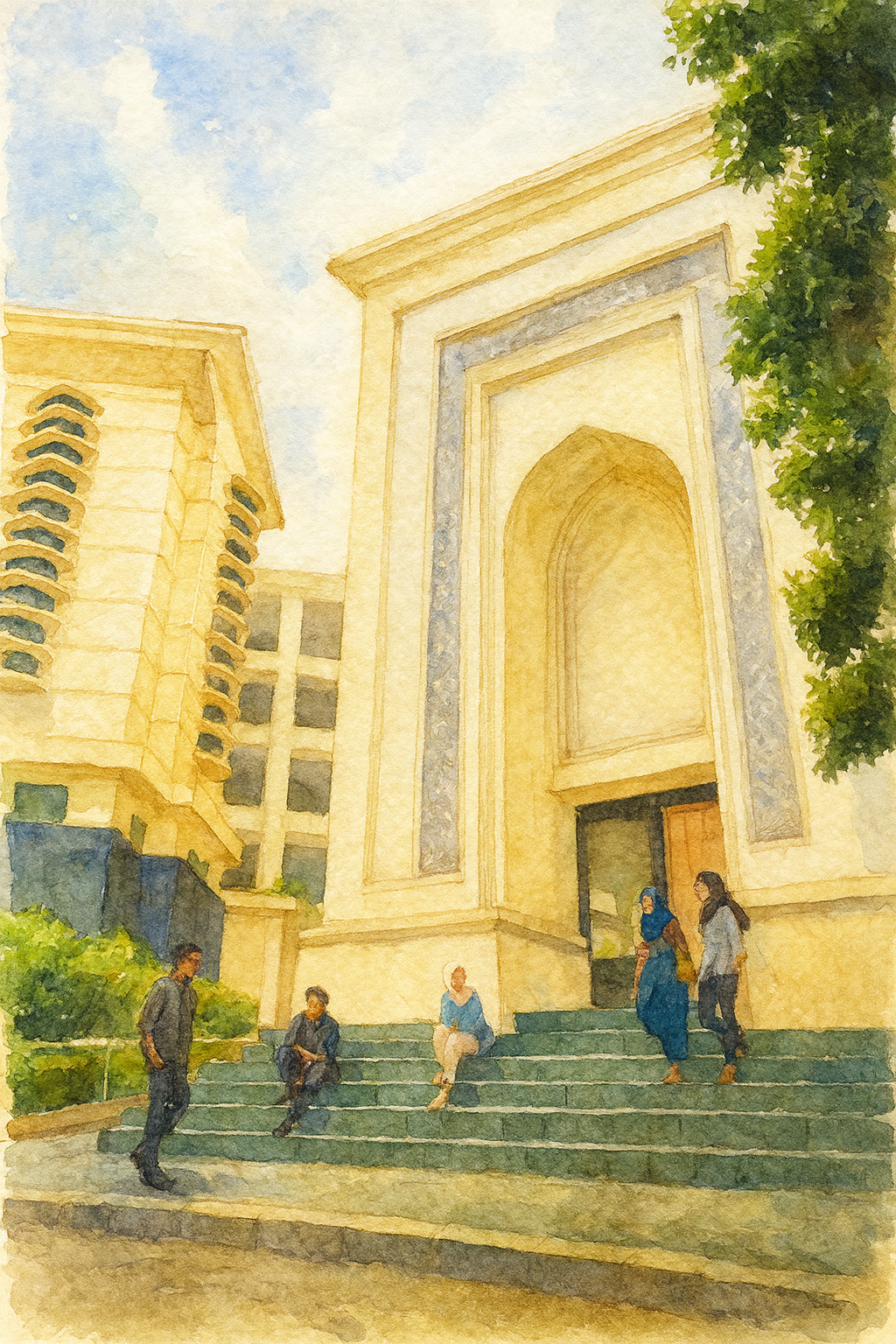Main Article Content
Abstract
This article examines approaches for advancing Islamic Religious Education (IRE) in higher education, centered on the principle of rahmatan lil 'alamin (mercy to all creation). It underscores the critical role of embedding values such as moderation, tolerance, social justice, and compassion within a curricular framework. Employing a qualitative literature review methodology, the study elucidates the foundational tenets of rahmatan lil 'alamin, identifies systemic barriers to its application, and advances actionable approaches for its pedagogical integration. Findings reveal that systematically incorporating these values into IRE can foster inclusive, moderate, and globally conscious students. Nevertheless, persisting challenges impede progress, including institutional resistance to curricular reform, educators’ limited grasp of the concept’s nuances, and sociopolitical pressures shaping policy. To mitigate these issues, the article recommends modernizing curricula to align with evolving societal demands, enhancing educators’ pedagogical capacities through targeted professional development, and fortifying institutional frameworks to reinforce value-based education. By pursuing these approaches, Islamic education can address contemporary global challenges and nurture a generation dedicated to peace and universal welfare, thereby enriching academic discourse on reimagining religious education for the modern era.
Keywords
Article Details
Copyright (c) 2025 Rahmadi Agus Setiawan

This work is licensed under a Creative Commons Attribution-ShareAlike 4.0 International License.
- Authors retain copyright and grant the journal right of first publication with the work simultaneously licensed under a Creative Commons Attribution License that allows others to share the work with an acknowledgement of the work's authorship and initial publication in this journal.
- Authors are able to enter into separate, additional contractual arrangements for the non-exclusive distribution of the journal's published version of the work (e.g., post it to an institutional repository or publish it in a book), with an acknowledgement of its initial publication in this journal.
- Authors are permitted and encouraged to post their work online (e.g., in institutional repositories or on their website) prior to and during the submission process, as it can lead to productive exchanges, as well as earlier and greater citation of published work.





